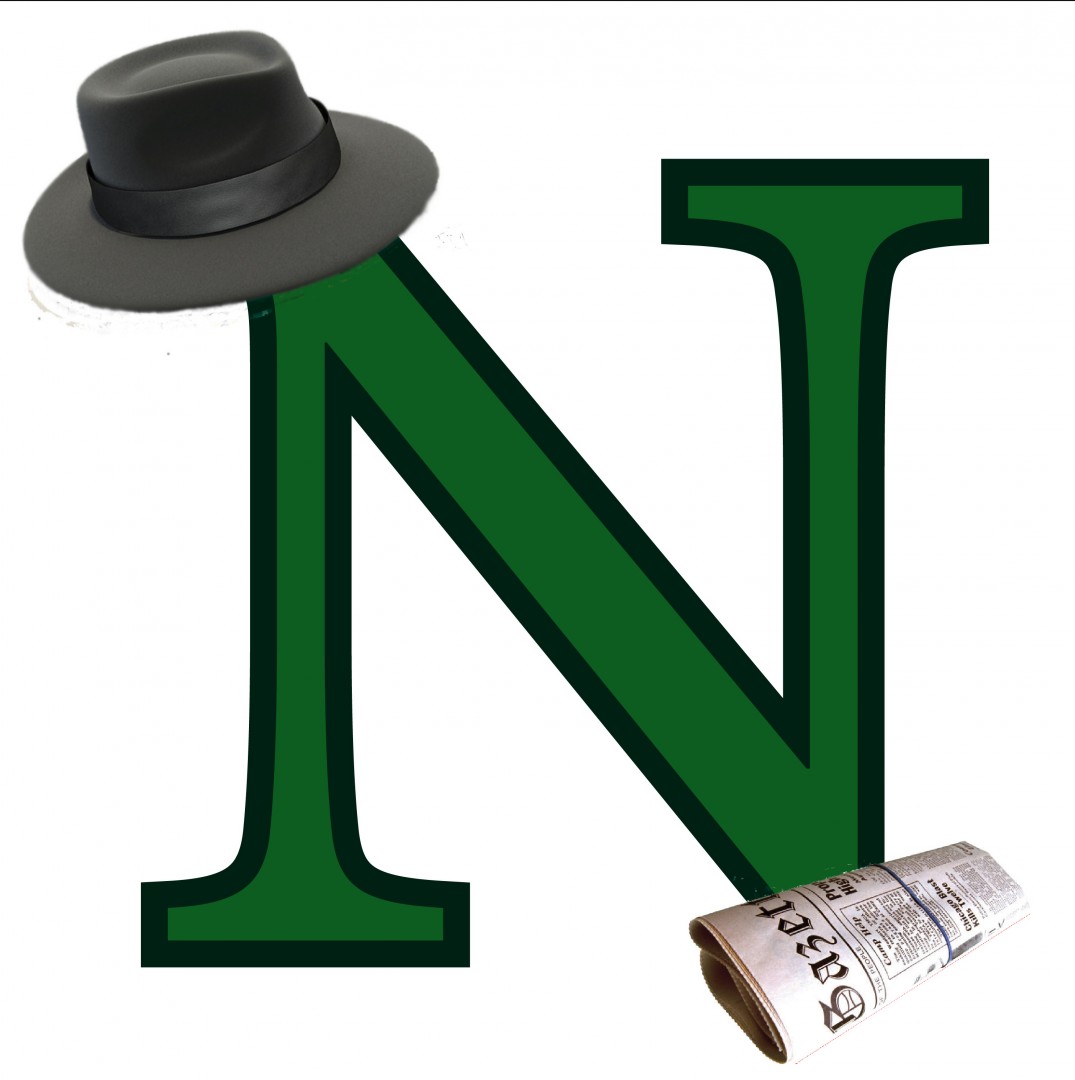When the Office of Academic Advising and Discoveries Orientation announced the 2013 selection for orientation leaders on April 10, roughly 114 acceptance emails were distributed instead of the intended 89 due to a Microsoft Excel malfunction, falsely informing 25 students they had been chosen for the position.
“I still don’t know what happened; it is really unfortunate and we felt terrible that it happened,” said Megan Lyons, assistant director of Discoveries Orientation. “Within five minutes [of sending the emails] we realized that some of the students got incorrect letters, so we sent an immediate outreach to let them know we’d send out the correct letters soon.”
Leading up to the announcement was a month-long process of applications, interviews, review sessions and team meetings to select the students who will serve as orientation leaders this fall. The chosen students will offer guidance and leadership to incoming students, both first-year and transfer, during Discoveries, a weeklong orientation program that takes place Sept. 2-6. Each orientation leader is assigned to a freshman seminar or transfer group of roughly 15 students and acts as a mentor for their first week on campus.
With an original pool of 227 applicants by the March 26 deadline, the group was narrowed to 200 interviewees after review of each student’s essays, recommendation letter and resume. Each application was reviewed by at least two members of the orientation team. The interviews took place April 4-5, with the decisions announced less than a week later.
Freshman Diego Miranda was one of the students falsely informed of his acceptance into the program, receiving the email at 12:11 p.m. on April 10. At 12:54 p.m., he received an email stating there had been an issue with the Excel file and to disregard the initial email. Then, at 1:43 p.m., he received a third email informing him he had not been selected.
“It was a little disappointing,” said Miranda. “I can’t really hold a grudge, since I know it wasn’t their fault completely. I got the [initial] email and that was pretty exciting, but I didn’t want to tell anyone in case something happened and then something did happen. I saw the second email and thought, ‘Well, maybe I am one of the errors and maybe I’m not.’ It was a bummer and this incident is a real shame.”
According to Lyons, the office is forced to utilize Excel’s mail merge function due to the large number of emails that must be sent, both to the students hired and those who were not chosen. Lyons said her team triple-checked the mail merge data before sending out the emails, ensuring each email matched the Excel file. After this incident, however, Lyons said they will change the way they file the names in order to avoid future inaccuracy.
“For whatever reason, when we sent it out, it didn’t match [anymore],” said Lyons. “It was just a fluke, a matter of separating Excel files. [In the future, we will] create a separate acceptance file and a separate ‘no’ file. We were pulling from one large spreadsheet, but if you separate them out, then there will be no chance of accidentally pulling the wrong name.”
This year’s 227 applicants marked a major increase from past years, according to Lyons, who said the standard number is closer to 170. The quantity of students hired each year differs, depending on the number of freshman seminars offered and the number of transfer students, but is generally between 90 and 100.
Once the pool had been narrowed down, the majority of the 200 interviews included both a member of the orientation team, ranging from Lyons to the program interns and a volunteer from the Student Life department. According to Lyons, the interviewers were looking for a number of specific traits during these sessions.
“Within the interview process, we are really looking for maturity, enthusiasm for being a DU student and a good understanding of inclusive excellence,” said Lyons. “We are making sure we have a really welcoming tone for everyone, no matter who our incoming students are. We’re also looking for people who are incredibly organized, because Discoveries week is so busy, and for people who are enthusiastic about making a difference.”
Now that this year’s orientation leaders have been selected, the next step will be a one-day retreat in May, which incorporates basic training and team-building activities. The central focus is laying out the expectations for the orientation leaders, both for the summer and for Discoveries week. Then, during the week before Discoveries, orientation leaders will participate in a five-day training session Aug. 27-31.
Lyons, who has held her current position for three years, said the Discoveries program is a crucial aspect of welcoming incoming students into the Pioneer community. By utilizing student orientation leaders, DU is able to provide newcomers with advice from individuals fully immersed in the student experience.
“Having a peer-to-peer interaction is very beneficial for the incoming students,” said Lyons. “As approachable as we try to be as staff and as faculty, students can just feel more comfortable and at ease speaking to their peers.”











